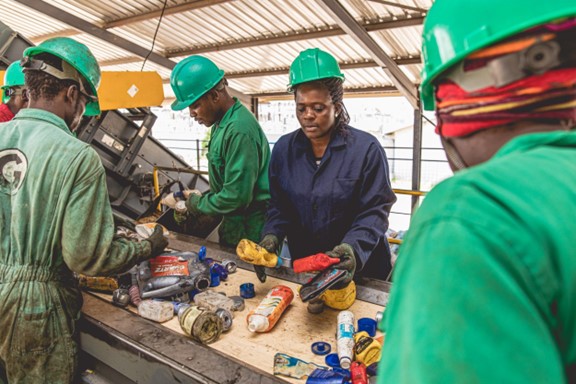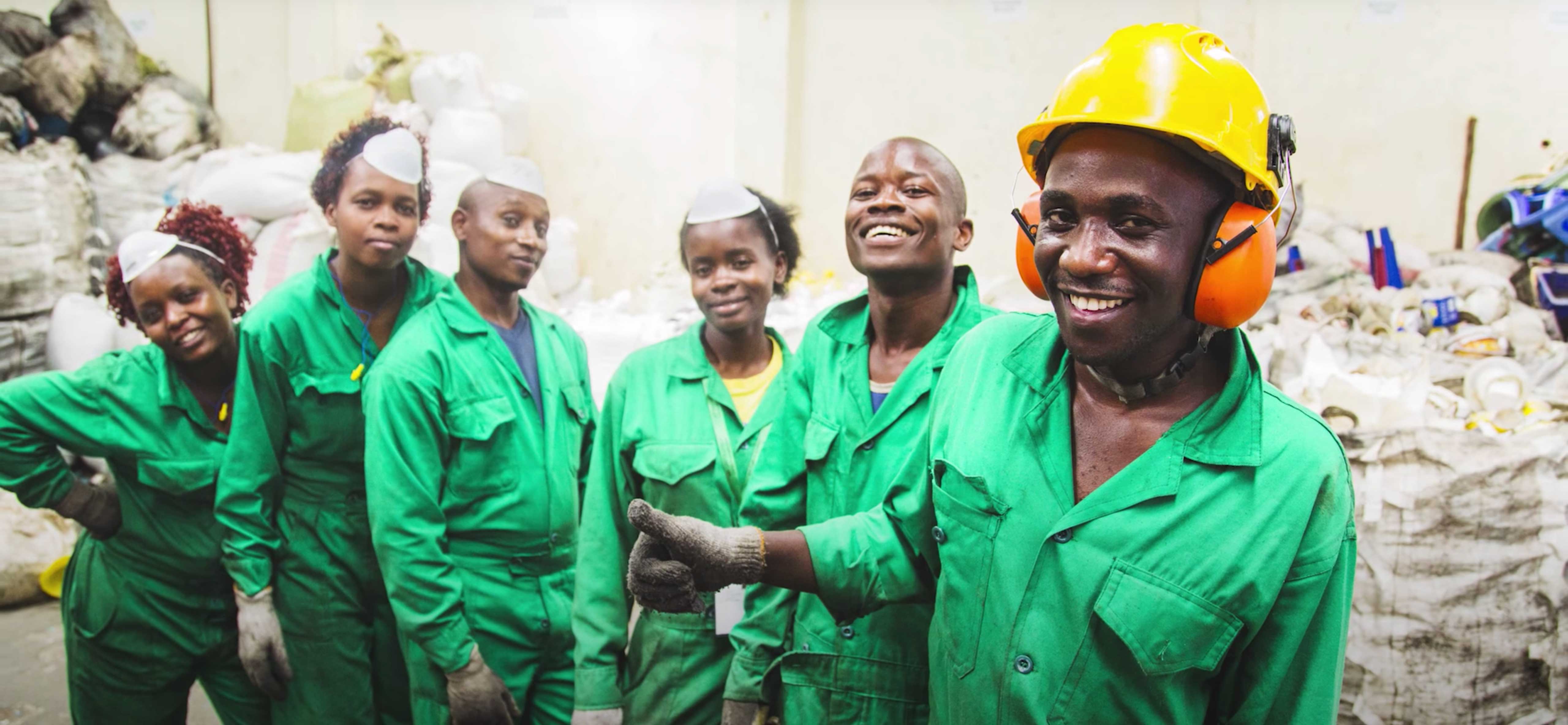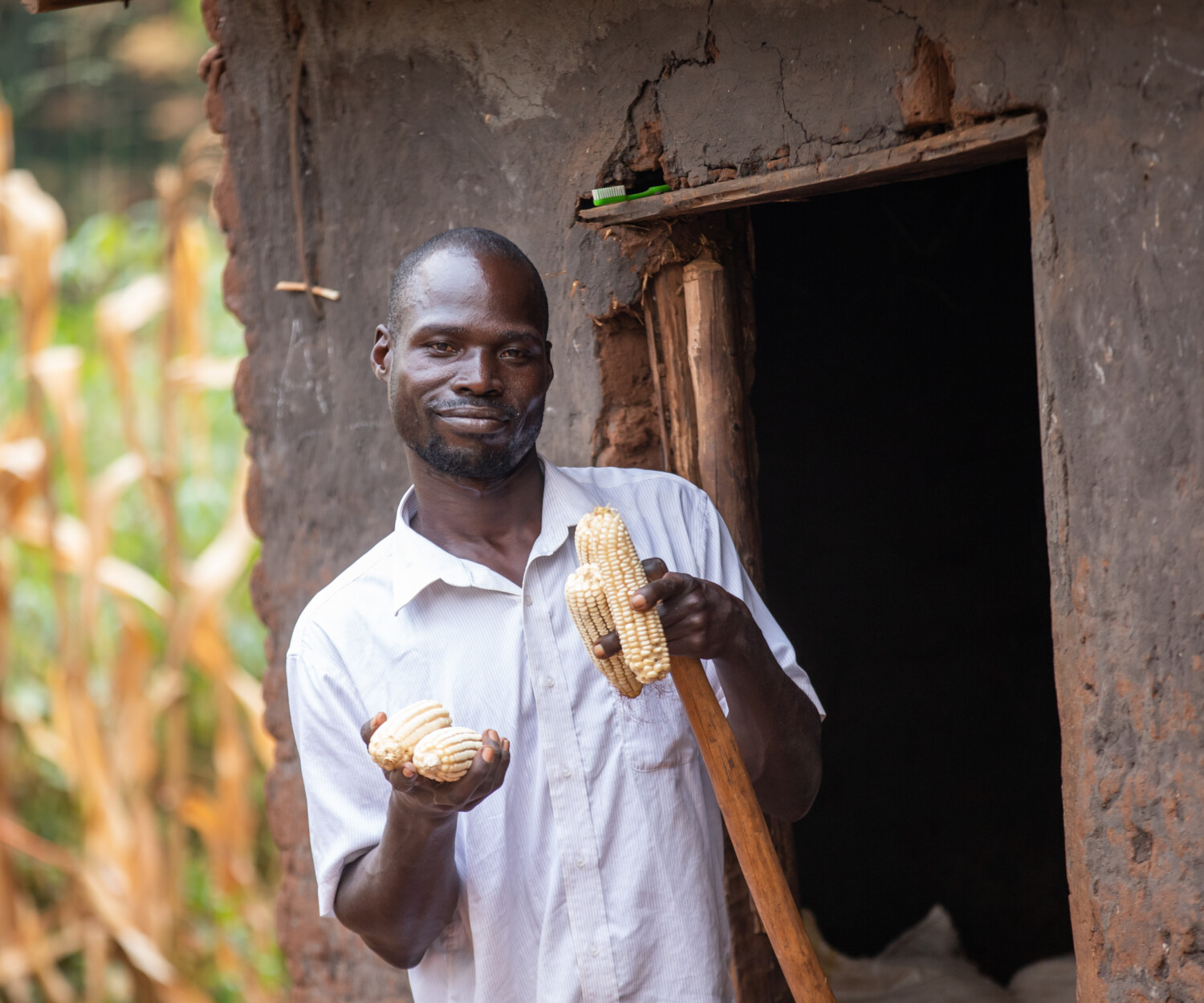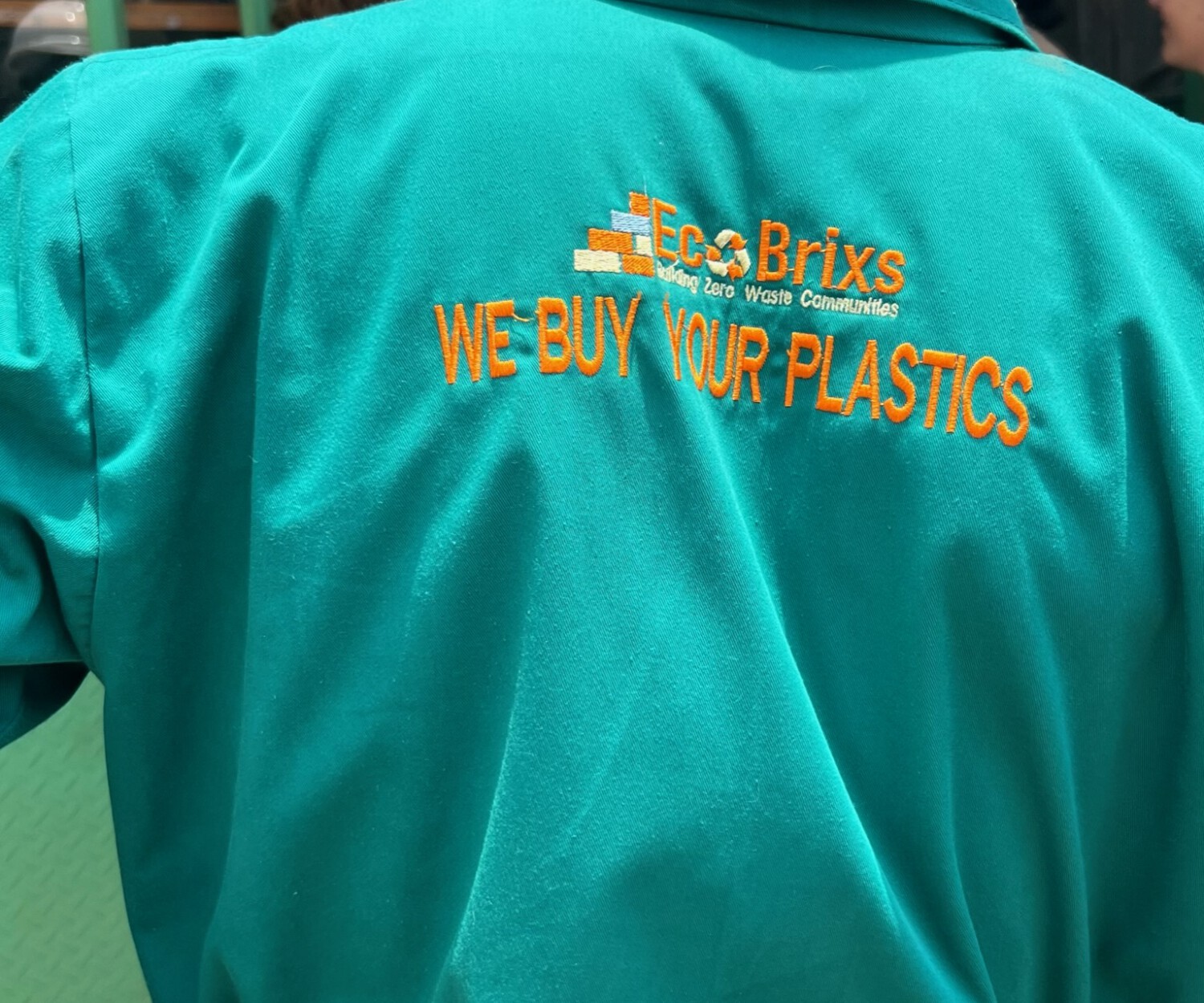Decent work has emerged as a key topic in conversations around sustainable development. While international organisations and civil society groups have long emphasised the importance of decent work for economic growth, the private sector has been more hesitant to embrace it. However, as the momentum behind the concept grows, more businesses begin to acknowledge the value of investing in job quality for resilient and productive workplaces. One of CFYE’s partners in Kenya, Mr Green Africa, has made remarkable progress in achieving decent work within the informal economy. Below you can explore the company’s journey and find inspiration for innovative solutions to achieve decent work.
Decent Work in the Informal Economy
Realising decent work is a unique journey for each employer, shaped by factors such as the sector and the type of economy in which a company operates. Employers in the formal economy, for example, rely on established contracts and regulations that serve as pillars for attaining decent jobs. In contrast, the informal sector grapples with more complexities in defining, achieving, and monitoring job quality.
The informal economy includes “economic activities not fully covered by formal arrangements in law or practice”. It is the biggest growing economy in many parts of the world, accounting for up to 85% of employment in sub-Saharan Africa. Although the economy introduces many jobs to the market, the lack of formal regulations often leads to exploitative working conditions, disproportionately affecting vulnerable groups such as women and youth. Workers often find themselves trapped in precarious employment arrangements, lacking adequate wages, social protection, and job security. Therefore, promoting safe and fair practices in the informal sector becomes urgent to safeguard youth’s right to dignified work.
However, ensuring safe and fair working conditions is merely the initial step towards achieving decent work. The International Labour Organisation defines decent work as work that is productive, offers a fair wage, provides security, social protection, and opportunities for development as well as fosters freedom of expression and democratic decision-making. These aspects may at first seem incompatible with the unpredictable and sporadic nature of informal employment, but a closer look at Mr Green Africa’s business model dispels these doubts.
“Committing to decent work means treating people with dignity and as a business prioritising improving the livelihoods of those you work with.”
-Keiran Smith, CEO & co-founder of MGA
How Does MGA Do it?
Mr Green Africa (MGA) is a Certified B-Corp company that strives to create a social, environmental, and economic impact by collecting, converting, and selling post-consumer plastic waste. Their innovative business model integrates inclusive sourcing of plastic waste, local manufacturing, and high-quality product creation, creating long-term, decent jobs for young women and men while significantly reducing environmental pollution.
Witnessing the amount of unused waste in Kenya, Keiran Smith, the founder of Mr Green Africa, was inspired to start a company that turns waste into value. But he was also determined to reject the exploitative employment practices in informal markets and chart a different course. To materialise his vision, Keiran recognised the “importance of integrating fair-trade principles observed in sectors like banana, tea and coffee production into the waste value”. By embracing this approach, he has been creating decent working conditions for young waste pickers in Kenya.
Financial Stability
MGA’s main principle is cultivating trust and respect between waste pickers and buyers. Young people usually need more knowledge and resources to estimate fair compensation for their collected waste. Unfortunately, some buyers often take advantage of young waste pickers by offering low prices when the market fluctuates, leaving them with no choice but to sell their waste at the same low cost. Mr Green Africa has established a fair-trade waste value chain to address this issue.
To ensure fair compensation, MGA is directly purchasing from waste pickers. In contrast to many waste recycling businesses that rely on intermediaries, Mr Green Africa’s direct transactions ensure that waste pickers receive a more substantial share of the revenue generated from their products. This approach empowers young waste sellers, allowing them to sell their waste at 20-30% higher prices than working with aggregators would.
MGA’s commitment to fair wages fosters trust with their employees, proving that just remuneration is fundamental to creating a decent work environment in the informal economy.
From Minimum Wage to Living Wage
MGA is committed to working toward ensuring that all waste pickers it collaborates with receive a minimum wage while recognising the importance of progress towards achieving a living wage. As part of its ongoing journey, MGA is determined to shift from offering a minimum wage to a living wage and has made a resolute commitment to compromise its profits to ensure all its workers receive a living salary. While acknowledging the challenges ahead, Mr Green Africa firmly believes that “decency is not merely about doing fair and transparent transactions; it also requires dedication to improving the livelihoods of those we work with“.
Wellbeing Beyond a Fair Income
In addition to its commitment to providing a living wage, MGA goes above and beyond the conventional notion of decent work and undertakes various initiatives to promote a supportive work environment. One outstanding example is MGA’s recognition of young waste pickers’ challenges in Kenya, particularly in obtaining identity documentation. To address this issue, MGA has now forged partnerships with institutions to assist young workers with obtaining ID cards. By taking this proactive step, Mr Green Africa strives to foster youth’s social inclusion and open new opportunities for them.
Another initiative the company has implemented is a loyalty system that recognises the trust between the company and its registered waste pickers. This scheme guarantees that frequent waste providers are exempt from unfavourable market fluctuations and receive better prices for their products.
By placing workers’ dignity as a core business value, MGA exemplifies how companies can find practices within their resources to promote decent and meaningful work for informal workers.
Creating Stronger Businesses and Societies
Investing in decent work is not only a moral imperative but also a smart business strategy. While some immediate measures, such as reducing profits or introducing more complex business practices, may seem counterintuitive to profitability, prioritising decent work can add significant long-term value to organisations.
The 2030 Sustainable Development Agenda aims to leave no one behind, and companies like Mr Green Africa demonstrate that achieving this goal is feasible even in the informal economy. Even with limited resources, companies can achieve the dual goals of promoting decent work and improving their bottom line while positively contributing to sustainable economic development and creating a more equitable society.
Decent work is a core value for CFYE. We continuously learn from our partners and improve our tools and frameworks to provide businesses with the proper support to make jobs decent. Read more about our commitment to helping our partners in Uganda offer a living wage to their employees here.
More studies
Interested in more?
Vacancy
Consultancy – Retail Sales advisor for Alsalam Factory
 Ilaria Blasi
Ilaria Blasi
 July 2, 2025
July 2, 2025



